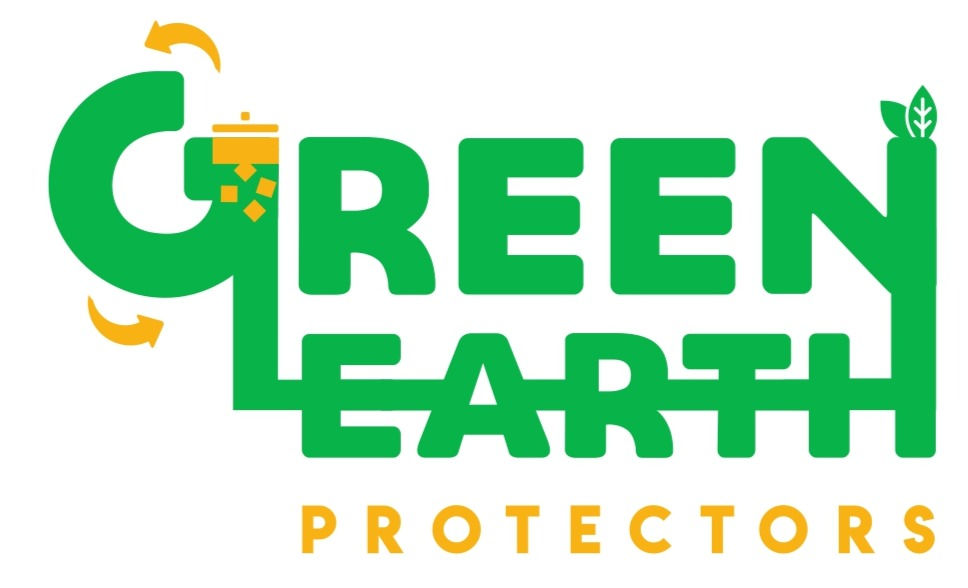We Offer a Range of
Services to Meet Your Needs
OUR SERVICES
Biomedical waste management is the systematic and specialized handling, collection, treatment, and disposal of waste generated in healthcare facilities. This type of waste, often referred to as medical or healthcare waste, includes materials contaminated with blood, body fluids, pathological waste, pharmaceuticals, and other hazardous substances.
BIO MEDICAL WASTE
Solid waste management is the systematic and responsible handling of solid waste, which includes various types of discarded materials generated by human activities. This process is essential for maintaining public health, preserving the environment, and promoting sustainability.
SOLID WASTE MANAGEMENT
Industrial waste refers to the waste generated by industrial processes and activities. It encompasses a wide range of materials, by products, and substances produced during manufacturing, production, and industrial operations.
INDUSTRIAL WASTE
Legacy waste refers to accumulated waste that was improperly managed or disposed of in the past and continues to pose environmental and health risks. This waste is typically old and may have been discarded before modern waste management regulations and practices were in place.
LEGACY WASTE
E-waste, short for electronic waste, refers to discarded or obsolete electronic devices and equipment. This category of waste includes everything from old computers and smartphones to refrigerators, televisions, and other electronic appliances.
E WASTE
Hazardous waste is a type of waste material that poses substantial risks to human health, the environment, or both. It is characterized by its potential to cause harm due to its chemical, biological, radiological, or physical properties.
HAZARDOUS WASTE

The principle of a Sewage Treatment Plant (STP) involves the treatment of wastewater through a series of physical, biological, and chemical processes to remove pollutants and contaminants. The primary principle is to mimic and enhance natural processes that occur in the environment to purify water.
SEWAGE TREATMENT PLANT
RDF can be used in a variety of ways to produce electricity or as a replacement of fossil fuels. It can be used alongside traditional sources of fuel in coal power plants. RDF can be used in the cement kiln industry, where strict air pollution control standards of the Waste Incineration Directive apply.
REDUCED DERIVED FUEL
It's a chemical process. Lime, Aluminum Sulfate are mixed with wastewater to destabilize the suspended solid particles in the water. As Alum is mixed with the water, it helps quicker bonding between solid particles and forms large solid particles. Lime is helping to reduce the pH value.
EFFLUENT TREATMENT PLANT
Leachate is defined as any contaminated liquid that is generated from water percolating through a solid waste disposal site, accumulating contaminants, and moving into subsurface areas. A second source of leachate arises from the high moisture content of certain disposed wastes.
